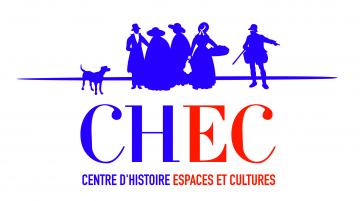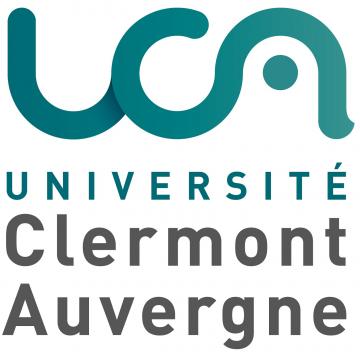The annual Muséfrem study day (research project on church musicians in the early modern era), in collaboration with the CMBV, proposes a review of the recruitment methods used by churches and by musicians seeking work.
In November 1774, the Affiches d’Angers gazette featured an announcement encouraging ‘those who have children aged seven or thereabouts with the right voice and disposition’ to bring their sons to the cathedral choir school. Such advertisements were apparently common towards the end of the Ancien Régime. Organists, music masters and cantors were also recruited in this way, even by the more modest parishes. Vacancies were also filled on the basis of recommendations, word of mouth or siblings. Such practices indicate the existence of a wide network of church musicians, although its role remains somewhat hazy.
This study day offers a review of the recruitment methods used by churches, particularly in the mid to late 18th century. The research may include national, regional or local findings, or focus on a particular recruitment channel. Their links with secular concert halls and theatre venues will also be investigated, as well as the recruitment methods used outside France, and perhaps also the networks that existed in other countries.

























